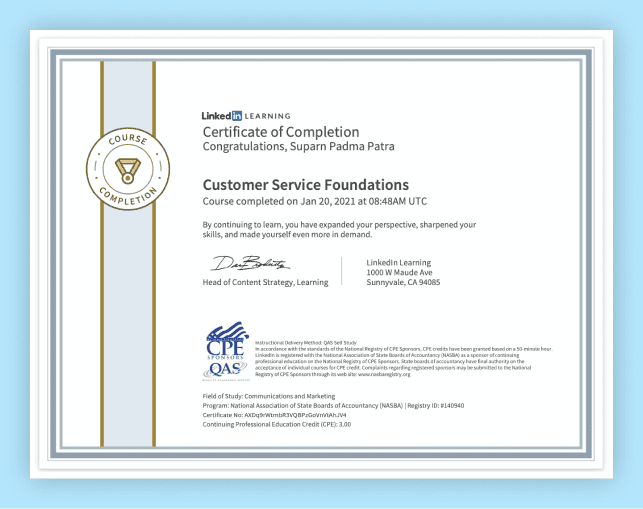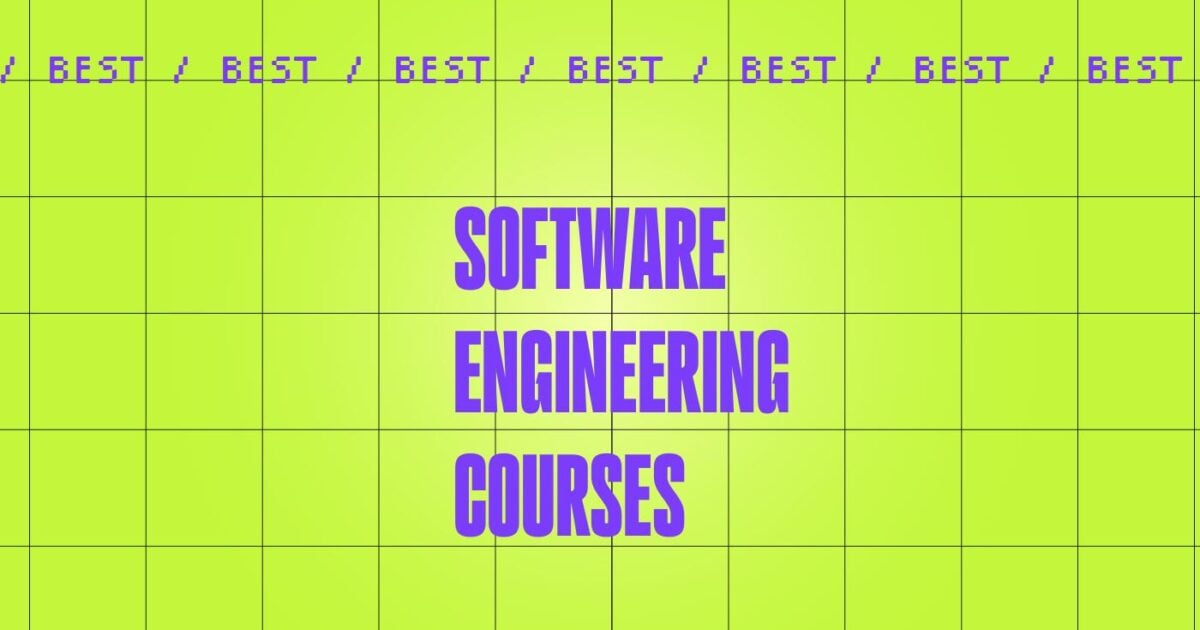All Categories
Featured
Table of Contents
- – Some Known Details About Machine Learning Is S...
- – The Machine Learning Engineer Learning Path Ideas
- – The Buzz on Machine Learning Online Course - ...
- – The Only Guide to How I Went From Software De...
- – An Unbiased View of Advanced Machine Learnin...
- – The Ultimate Guide To How To Become A Machin...
Instantly I was surrounded by people that could resolve hard physics concerns, understood quantum technicians, and could come up with interesting experiments that obtained published in top journals. I fell in with a good team that motivated me to explore things at my very own speed, and I invested the following 7 years finding out a bunch of points, the capstone of which was understanding/converting a molecular characteristics loss feature (including those painfully learned analytic by-products) from FORTRAN to C++, and creating a gradient descent routine straight out of Numerical Recipes.

I did a 3 year postdoc with little to no device understanding, simply domain-specific biology things that I didn't locate fascinating, and finally managed to obtain a job as a computer system researcher at a nationwide laboratory. It was an excellent pivot- I was a principle investigator, suggesting I can look for my very own gives, compose papers, and so on, yet didn't need to show classes.
Some Known Details About Machine Learning Is Still Too Hard For Software Engineers
I still didn't "get" device understanding and desired to work someplace that did ML. I tried to get a job as a SWE at google- experienced the ringer of all the hard concerns, and ultimately got denied at the last action (many thanks, Larry Web page) and mosted likely to work for a biotech for a year prior to I finally procured worked with at Google during the "post-IPO, Google-classic" period, around 2007.
When I reached Google I rapidly checked out all the jobs doing ML and found that than advertisements, there really had not been a whole lot. There was rephil, and SETI, and SmartASS, none of which seemed even remotely like the ML I had an interest in (deep neural networks). I went and focused on various other stuff- discovering the distributed technology under Borg and Giant, and grasping the google3 pile and production atmospheres, mainly from an SRE point of view.

All that time I 'd invested on equipment learning and computer facilities ... went to composing systems that loaded 80GB hash tables right into memory so a mapper might calculate a little component of some gradient for some variable. Sibyl was really a dreadful system and I got kicked off the team for telling the leader the right method to do DL was deep neural networks on high efficiency computer hardware, not mapreduce on economical linux cluster makers.
We had the data, the algorithms, and the calculate, at one time. And even much better, you didn't require to be inside google to capitalize on it (except the large data, which was transforming promptly). I recognize sufficient of the math, and the infra to ultimately be an ML Engineer.
They are under extreme stress to get results a few percent much better than their partners, and after that once published, pivot to the next-next thing. Thats when I came up with among my regulations: "The best ML versions are distilled from postdoc tears". I saw a few individuals damage down and leave the industry completely simply from servicing super-stressful projects where they did terrific job, but only got to parity with a rival.
Imposter syndrome drove me to conquer my charlatan syndrome, and in doing so, along the method, I discovered what I was chasing was not really what made me delighted. I'm far a lot more completely satisfied puttering regarding utilizing 5-year-old ML tech like item detectors to boost my microscope's capability to track tardigrades, than I am trying to become a renowned researcher that unblocked the difficult troubles of biology.
The Machine Learning Engineer Learning Path Ideas

I was interested in Maker Knowing and AI in university, I never had the chance or persistence to pursue that enthusiasm. Currently, when the ML area expanded significantly in 2023, with the latest technologies in huge language versions, I have a dreadful wishing for the roadway not taken.
Partly this crazy idea was also partially inspired by Scott Young's ted talk video clip titled:. Scott discusses just how he finished a computer system science degree simply by following MIT curriculums and self studying. After. which he was additionally able to land a beginning placement. I Googled around for self-taught ML Designers.
At this factor, I am not certain whether it is possible to be a self-taught ML designer. I prepare on taking courses from open-source training courses readily available online, such as MIT Open Courseware and Coursera.
The Buzz on Machine Learning Online Course - Applied Machine Learning
To be clear, my objective here is not to develop the following groundbreaking model. I simply desire to see if I can obtain a meeting for a junior-level Device Discovering or Information Engineering job hereafter experiment. This is purely an experiment and I am not attempting to transition into a function in ML.

I intend on journaling about it weekly and recording whatever that I research. An additional please note: I am not beginning from scratch. As I did my undergraduate level in Computer system Design, I recognize several of the basics required to draw this off. I have strong background knowledge of solitary and multivariable calculus, straight algebra, and statistics, as I took these courses in school about a years back.
The Only Guide to How I Went From Software Development To Machine ...
Nonetheless, I am mosting likely to omit many of these programs. I am going to focus mostly on Machine Discovering, Deep discovering, and Transformer Style. For the very first 4 weeks I am going to focus on completing Artificial intelligence Expertise from Andrew Ng. The goal is to speed up go through these very first 3 programs and get a solid understanding of the basics.
Currently that you've seen the course referrals, below's a fast guide for your knowing device learning journey. We'll touch on the prerequisites for a lot of device discovering courses. Advanced programs will certainly need the following knowledge before starting: Linear AlgebraProbabilityCalculusProgrammingThese are the general parts of having the ability to recognize exactly how maker finding out works under the hood.
The very first course in this list, Artificial intelligence by Andrew Ng, has refresher courses on a lot of the math you'll require, but it could be testing to learn artificial intelligence and Linear Algebra if you haven't taken Linear Algebra before at the same time. If you require to review the math called for, look into: I would certainly suggest finding out Python considering that most of excellent ML training courses use Python.
An Unbiased View of Advanced Machine Learning Course
Additionally, another exceptional Python source is , which has many totally free Python lessons in their interactive internet browser environment. After learning the prerequisite fundamentals, you can start to truly comprehend exactly how the formulas function. There's a base set of algorithms in artificial intelligence that everybody should know with and have experience making use of.
The programs provided above consist of essentially every one of these with some variant. Comprehending how these methods work and when to utilize them will certainly be important when tackling new tasks. After the fundamentals, some even more innovative techniques to learn would be: EnsemblesBoostingNeural Networks and Deep LearningThis is just a start, yet these formulas are what you see in several of one of the most intriguing machine discovering options, and they're functional additions to your tool kit.
Learning equipment finding out online is challenging and extremely gratifying. It is essential to keep in mind that just watching videos and taking quizzes doesn't imply you're really learning the material. You'll learn a lot more if you have a side job you're servicing that utilizes different data and has other purposes than the course itself.
Google Scholar is constantly an excellent location to begin. Go into key words like "machine learning" and "Twitter", or whatever else you're interested in, and struck the little "Create Alert" link on the left to get emails. Make it a regular practice to check out those notifies, check through papers to see if their worth reading, and after that dedicate to understanding what's taking place.
The Ultimate Guide To How To Become A Machine Learning Engineer - Exponent
Artificial intelligence is exceptionally delightful and interesting to find out and explore, and I wish you discovered a course above that fits your own trip into this exciting area. Machine learning makes up one element of Data Science. If you're additionally interested in learning more about stats, visualization, data analysis, and a lot more make certain to look into the leading data scientific research training courses, which is a guide that adheres to a comparable style to this.
Table of Contents
- – Some Known Details About Machine Learning Is S...
- – The Machine Learning Engineer Learning Path Ideas
- – The Buzz on Machine Learning Online Course - ...
- – The Only Guide to How I Went From Software De...
- – An Unbiased View of Advanced Machine Learnin...
- – The Ultimate Guide To How To Become A Machin...
Latest Posts
How To Optimize Your Resume For Faang Software Engineering Jobs
How To Prepare For A Technical Software Engineer Interview – Best Practices
What To Expect In A Faang Data Science Technical Interview
More
Latest Posts
How To Optimize Your Resume For Faang Software Engineering Jobs
How To Prepare For A Technical Software Engineer Interview – Best Practices
What To Expect In A Faang Data Science Technical Interview